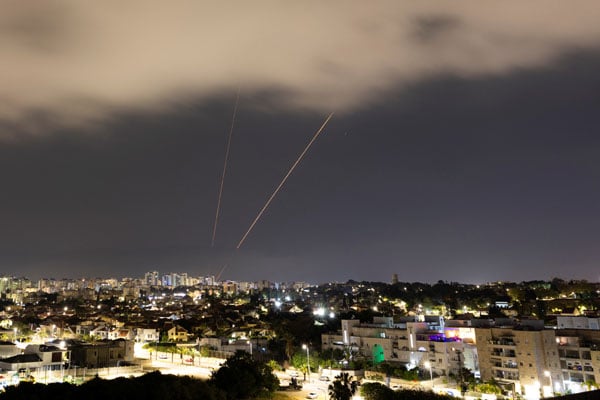Schools to raise fees over new tax

The chairman National Private Educational institutions Association, MrJohn Bosco Mujjumba (R), addresses journalists at a press briefing at their headquarters in Nateete, Kampala yesterday. Photo by Faiswal Kasirye
What you need to know:
Private school owners say govt decision to tax their income will lead to hike in fees charged on students.
KAMPALA- Owners of private schools have threatened to raise fees if the government goes ahead and taxes them as the Finance minister announced during the Budget reading.
Addressing journalists in Kampala on Tuesday, the school owners under their umbrella body, the National Private Educational Institutions Association (NPEIA), said they are currently burdened by huge taxes –majority of which are levied by local councils and bringing another tax will cripple their operations .
“We ask government to consider withdrawing the proposed new tax on our institutions, short of that we shall be forced to increase fees. We know our radical decision will hurt the parents but that will be the only solution if we are to continue offering quality services,” said Mr John Bosco Mujjumba, the association chairperson.
Reading the 2014/15 National Budget last week, Finance minister Maria Kiwanuka said the government would terminate income tax exemptions that education institutions have been enjoying—as a way of raising domestic revenue.
“The President issued a directive sometime back abolishing most of these taxes on private schools but tax collectors continue to harass us and some schools are closed if they default,” said Mr Kirabira.
In 2006, President Museveni ordered the Finance ministry to stop imposing direct taxes on private schools, saying they were playing a critical role in supplementing government efforts of educating Ugandans.
“These taxes must stop. Sometimes we tell the Ministry of Finance not to do certain things but they don’t follow,” said the President then.
But at the launch of Uganda Economic Update aimed at reducing old age and economic vulnerabilities in Uganda in Kampala yesterday, Ms Kiwanuka said the public had wrongly perceived the proposed tax on private schools, saying it would only target schools that make profits not those in rural areas which charge low fees.
“Private schools like any other institution will be required to show that they do not make profits. It is taxing of profits not schools. If the school is in a rural area, they charge very low fees, and then they will not be taxed. We are taxing profits not schools,” Ms Kiwanuka said.
Seeking help
Ms Sarah Nkonge, a member of NPEIA and presidential adviser on land matters, said government should consider extending assistance to the institutions instead of suffocating their operations.
“We are in these schools as service providers not business people and we need government support not sabotage,” she said.
Currently, there are at least 20,000 private schools across the country and 3,600 of them are in Kampala. Most private schools charge higher fees than the public ones because they are perceived to offer better services.




